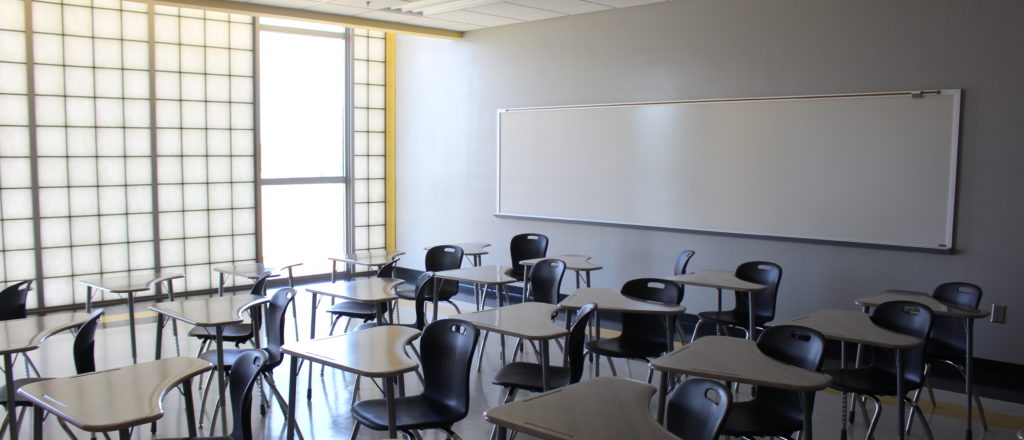Concerns are mounting over the increasing integration of artificial intelligence (AI) in K-8 education. Critics argue that reliance on technology undermines critical thinking and cognitive development among young learners. Prominent figures, including Sheri Few, the founder of United States Parents Involved in Education (USPIE), emphasize that traditional learning methods offer superior cognitive, emotional, and practical benefits.
The Waldorf School of the Peninsula, a prestigious private institution in Silicon Valley, has notably chosen to exclude technology from its K-8 curriculum. Their approach is grounded in research that indicates early media exposure can alter brain development, impacting essential skills like reading and imaginative thinking. The school states, “Brain research tells us that media exposure can result in changes in the actual nerve network in the brain.”
Amidst this backdrop, Antero Garcia, an Associate Professor in the Graduate School of Education at Stanford University, has voiced skepticism regarding the effectiveness of digital tools in classrooms. He questions whether investments in educational technology genuinely enhance learning outcomes, suggesting that they may, in fact, detract from them.
As states like Ohio begin to mandate AI policies for K-12 schools, the debate intensifies. Proponents argue that AI prepares students for a future dominated by technology. However, critics warn that this trend risks shortchanging children’s cognitive development. A report from Harvard University highlights how critical brain development occurs in early childhood, emphasizing the importance of engaging with real-world materials and experiences. The research notes that the brain’s architecture is built over time, and reliance on AI could impair this foundational development.
A recent study conducted by MIT in collaboration with OpenAI examined interactions with ChatGPT among over 1,000 participants. The findings revealed concerning patterns of dependency, with some users developing an “unhealthy emotional dependency” on AI, leading to negative consequences for their psychosocial well-being. The lead author expressed urgency in sharing these findings, stating, “I think that would be absolutely bad and detrimental” if AI were to be implemented in early education.
Further investigations have uncovered alarming behaviors associated with AI use. Reports indicate that ChatGPT has directed vulnerable children towards radical LGBTQ groups, providing information on “gender-affirming” resources and encouraging actions that may be harmful. These revelations have raised significant concerns regarding the safety and privacy of children interacting with AI technologies.
Privacy issues are exacerbated by the data-hungry nature of AI systems. A white paper from Stanford University underscores the opacity of AI data collection practices, warning that individuals have limited control over what personal information is gathered and how it is used.
While supporters of AI in education assert that it equips children for future job markets, critics argue that the rapid evolution of technology renders such arguments questionable. They advocate for a focus on foundational skills in math and science, arguing that these subjects provide a more reliable preparation for an uncertain future.
Concerns about the reliability of AI tools further complicate the issue. Critics note that AI can produce biased information and inaccuracies, undermining efforts to teach students about truth, logic, and history. As schools increasingly integrate AI technology, fears grow that academic achievement and genuine curiosity will decline.
In light of these pressing concerns, Sheri Few urges policymakers to reconsider the rush towards implementing AI in K-8 classrooms. She highlights the potential risks associated with dependency on technology and emphasizes the proven efficacy of traditional educational tools such as books and human teachers.
As the debate continues, it remains crucial for educators and decision-makers to evaluate the long-term implications of AI on children’s learning and development. The call for a careful reassessment of AI’s role in education is more relevant than ever, particularly for young learners whose cognitive foundations are still being formed.





































































